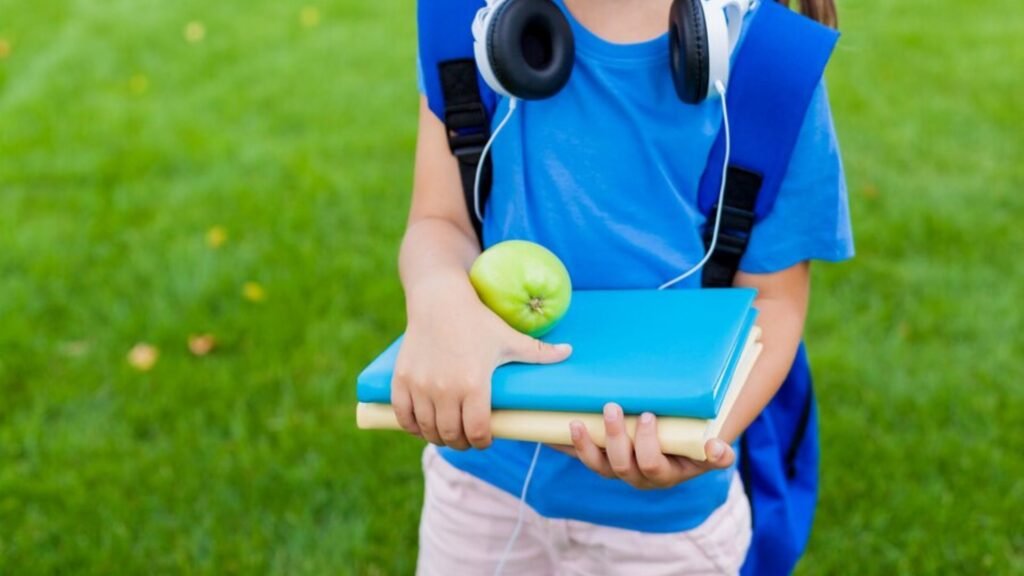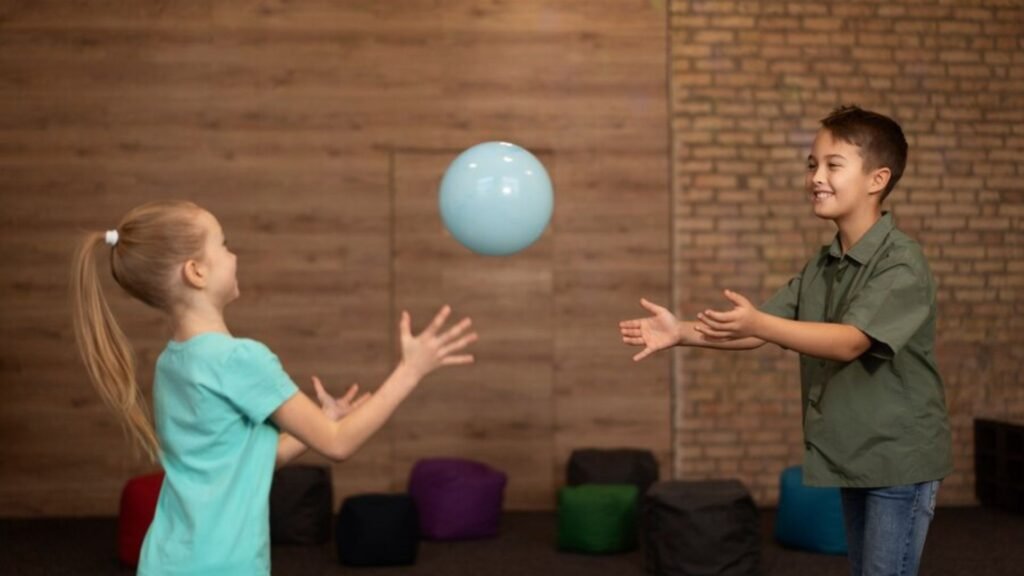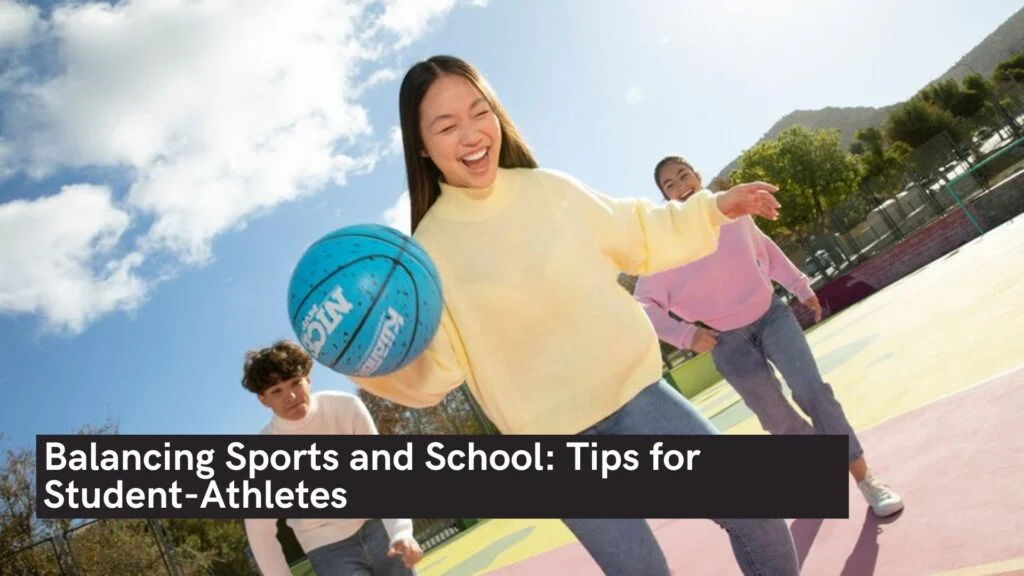They say you will throw your entire student existence-if that’s ever accepted in college sports-for the fact that your new family will now come from college sports. Your feeling of belonging and acceptance will be established in no time, and even before getting an orientation, the feeling of being famished will come over you, and the next thing you will know, you will have made friends with your teammates. Balancing Sports and School: Tips for Student-Athletes, Will strong emotions on the other hand come along with questions: “If I play a competitive sport while going to school.
how will this impact my academic performance and my R-score? Will I have time conflict?” To be on a sports team means that sports are probably already an important part of your life and a valuable source of stress relief. You shouldn’t give any of that up just because you’re going to be a student. It simply isn’t feasible to juggle sports and studying without good study strategies and ever better time management. The following are some explanations and suggestions: if you want to seek help in managing time, you can get resources that can probably help you schedule your class, training, and competition.
Balancing Sports and School: Include all your obligations in your agenda or planner

Your class schedule will be ready at the beginning of every semester. You will also know dates for exams and submitting assignments. Then, training and competition will be on your calendar. These are your essentials, your must-have items. Put all of these into your agenda or digital planner. It will take much of your stress away. Guaranteed! “Apart from having unlimited motivation, student-athletes are also very responsible. They are crazy! You’ll definitely have to learn time management and prioritize.”
There are many different tools available that can help you; it’s about finding the one that works for you and sticking to it,” says Nadine Lemay, academic assistant for student-athletes. Organize your own schedule realistically and flexibly. With all your responsibilities down in a journal or planner, you can see reading and studying time plus free time. When do you feel the most sharp? What are the best times for you to read or study? Be realistic; unexpected things happen. Think about your commute because it could take quite a lot of your time.
Balancing Sports and School: Communicate effectively with your teachers and coaches

Your coaches and teachers will surely understand if obstacles arise, considering they know your set goals and hindrances. Keep them in the loop. Share these issues with your coaches and teachers and explain your side. “It’s important that you tell your instructors every semester that you’re a student-athlete. Knowing ahead of time that you’ll be missing class for competitions, they’ll be more willing to help you out,” the TA advises. Employ different strategies to maximize your working and study time, Some strategies that may work to maximize your study time include The Pomodoro Technique, a form of studying where you work for 25 minutes and break for 5.
Among other options would be to identify ways to take notes more effectively and to enhance your ability to memorize things. Your college staff is there to help you find out and use these strategies. Make use of institutional services, Many schools offer things like peer tutoring programs and topic-based workshops or study sessions. These services are actually set up to help you build skills and support your journey to success; that’s their main focus. So, make the most of them!
Remember to rest and socialize

It really drains a lot of energy while you do training and competitions! It takes a lot of effort in class as well. Recovery time has to be scheduled. How much sleep do you need? Probably between seven and nine hours. Eating well and drinking well also promote recovery. For your mental health, you need a good time with friends, which is part of a healthy lifestyle. Manage stress and anxiety, Don’t wait until the glass is too full. You can learn to better manage your stress and anxiety, for example, by practicing meditation, deep breathing, or yoga.
Go to specialized educators, educational assistants, or psychosocial workers, and they will help you discover the recipe he/she works best on with you. “Student-athletes often want to perform at all areas of life. Performance anxiety can eventually drown you. It’s very important to get help for it, so that the anxiety doesn’t take over your mental capacity and paralyze you. “Don’t hesitate to seek support from your college’s psychosocial services,” advices Nadine Lemay.
Conclusion

Time Management Issues for Student Athletes, Juggling these demands can be daunting for student-athletes, whose daily routines are anything but light. The practice, games, and travel to competitions mixed with their exam schedules, homework, and classes amount to a mixture of overwhelming odds. Hence, not every student-athlete manages to strike a healthy balance. Training Load, College sports programs in the United States tend to be intense. Many practices occur several times a day, and most competitions include travel.
This is supplemented by the subject of physical and mental recovery sessions along with strict diets, which are rare. This leaves almost no time for studying. Academic Demands – US universities in general are tough academically, along with class attendance such student-athletes also have assignments, tests, and projects to finish. Some courses even have extra lab sessions and/or seminars, putting students under increased pressure to stay on track.
Read more: The Role of Parents in Youth Athletics



